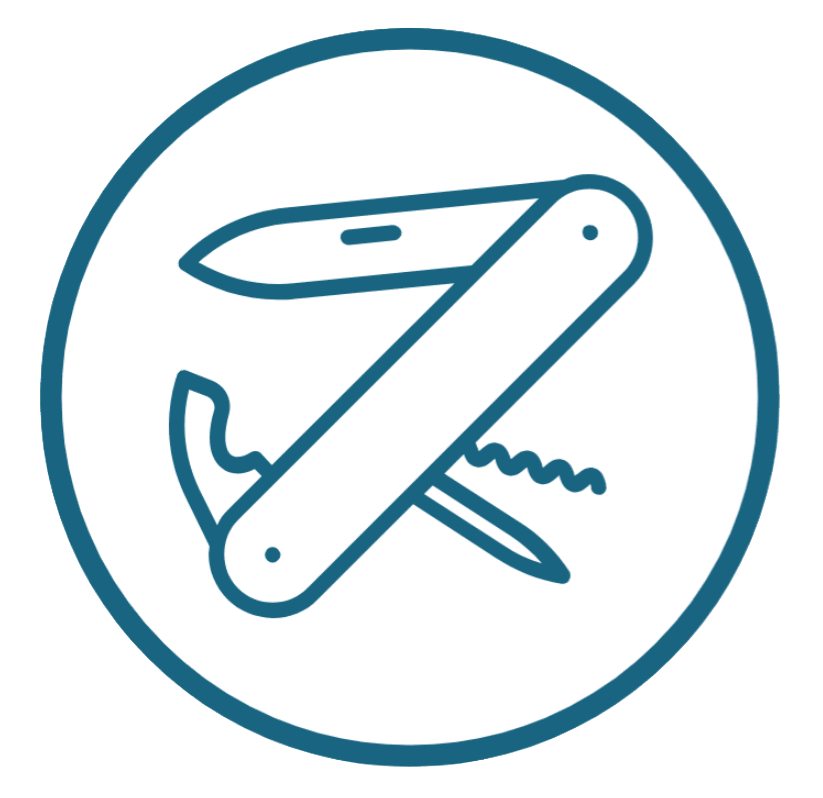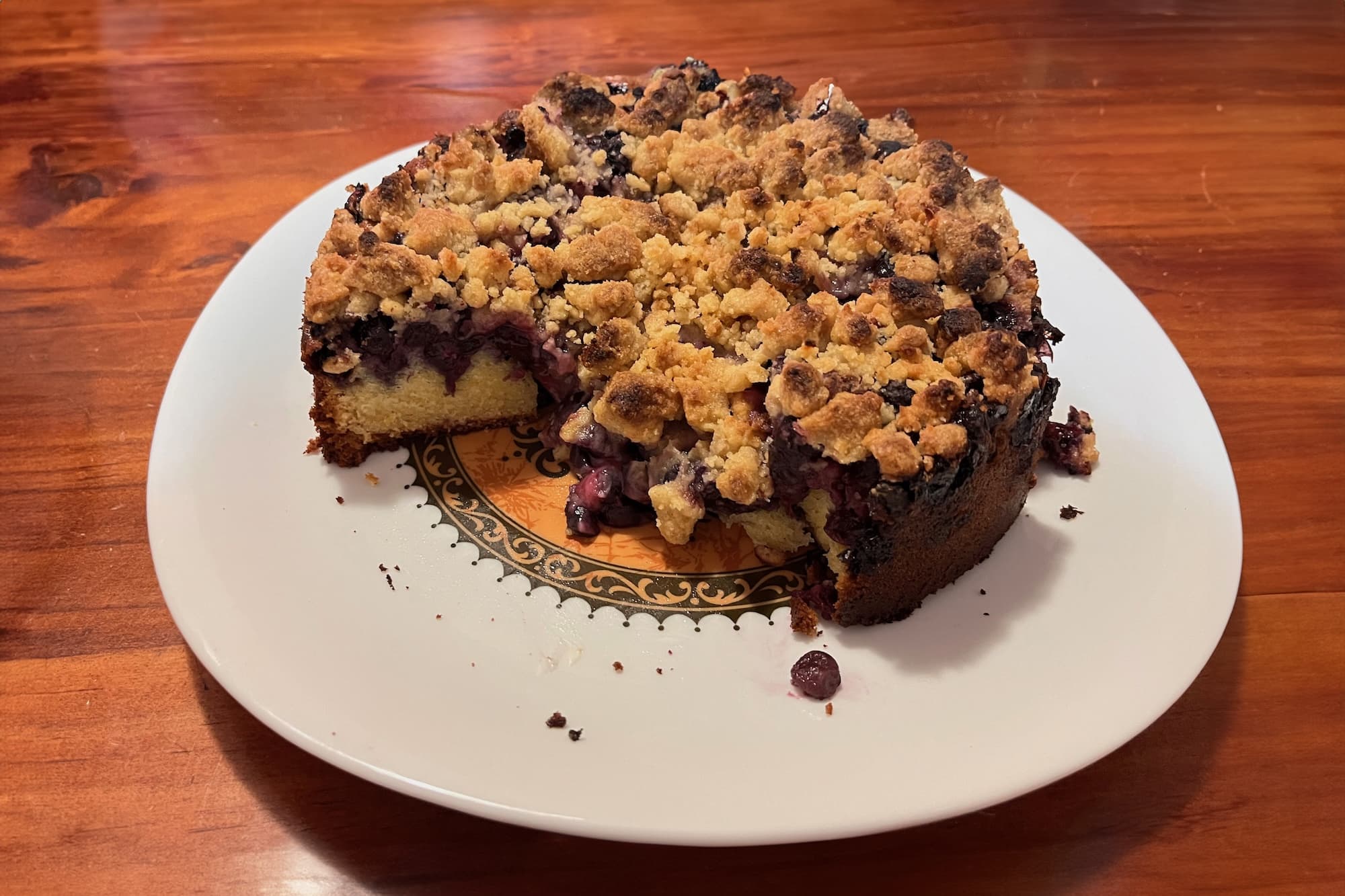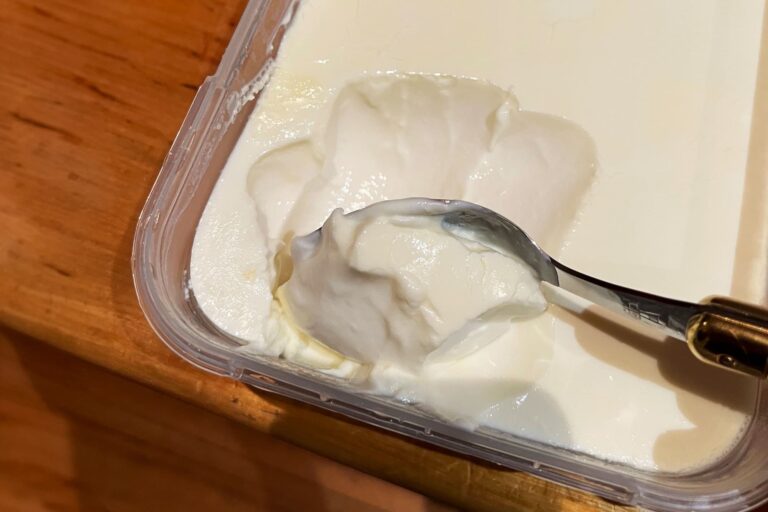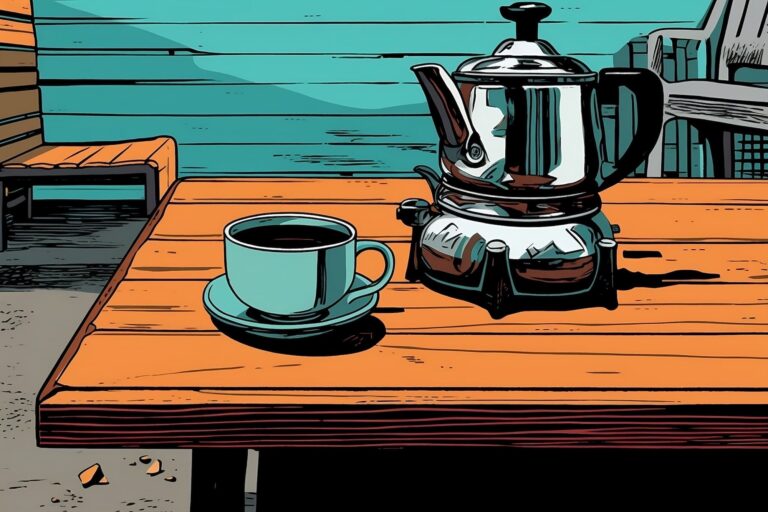Baking is the Greatest Life Hack
Baking is a great life hack. It’s easy, rewarding, and delicious. Every time I bake something, I’m surprised by how few people do it.
Yes, cooking in general is a good way to save money, manage your health, and satisfy your own cravings. But specifically learning to bake has been one of the highest return-on-investment things I’ve ever done.
I think baking is a skill a lot of people would benefit from. I want to take a moment to explain the benefits of it and why you should consider learning to bake — and give a brief note on how to get started.

Why Learn to Bake
Firstly, taste. If you have a sweet tooth, you can make sweet treats exactly how you like them. There’s nothing quite like getting high on your own supply. I love a cookie, muffin, or slice of cake. But things out there in bakeries are never exactly what I’m looking for.
Baked goods in bakeries are often the wrong size, not exactly to my taste, or maybe just not fresh enough out of the oven. If they’re all those things, they’re very expensive.
Learning to bake means I can make things exactly how I like them. For example, I tend to use about 2/3 the amount of sugar of American recipes, though I don’t need to adjust for ones from the UK or Australia.
Secondly, the cost benefits are significant. The cost of making something myself is significantly less than what it would cost to buy. A cake I make myself usually costs about one-fifth of what a cake of similar quality would cost in the store. Or, in situations where I make something particularly fancy (like Tartine’s Chocolate Soufflé Cake), around one-tenth.

Thirdly, the quality and health factors. Cakes and sweet desserts aren’t “healthy” in a traditional sense, I know. But when I make them myself, I know exactly what’s going into them. I use good-quality butter, sugar, eggs, and other ingredients. I really feel like I can sense the results. I rarely eat as much of my own baking — I savour it, knowing I can have it whenever I want.
Fourthly, baking is an easy way to impress people. Desserts are impressive.
When I cook for people, they do like the food and say so. But while eating, conversation will usually be about things other than food.
It’s only when I bring out the dessert that people say “Wow,” repeatedly often mumbling to themselves about it and continuing to talk about the dessert while eating it.
On top of that, baking for others is a more economical way to impress them than to cook for them. The base materials for a cake or dessert are cheaper than the fresh produce (meat and/or vegetables) needed to make a whole dish for a bunch of people.
Baking also allows you to display sensitivity to others’ tastes and needs. Have a friend who is gluten-free or doesn’t like overly sweet desserts? You can tailor your baking to their preferences in a way that store-bought items can’t. It’s a thoughtful way to show you care.
Sometimes if I take something to a party, I’ll make it generally acceptable to the group (e.g. nut-free and gluten-free). Those who don’t have sensitivities to those foods still appreciate that it’s an inclusive food — it’s a way to show I care about others.
Fifth, baking — like all cooking — is a way of exploring the world and other cultures from home.
Often, when I hear about some treat (whether a baked good or other kind of food), I develop a low-key obsession with it. It’s not practical to travel to New York to get a black and white cookie, nor to go to Paris to have a better croissant — so it’s more practical that I make them myself.

Sixth, another rewarding aspect of baking is the focus it requires. While baking is generally easy once you get the hang of the basics, some aspects of it remain precise and unforgiving.
You need to concentrate while baking in order to make sure you don’t miss a step or ingredient (especially when making something new), over-mix the batter, get the temperatures wrong when assembling ingredients, or let something overbake. This focus can be meditative, allowing you to block out distractions and just be in the zone.
Seventh, baking is easy. I say “easy” because baking cakes, cookies, and other desserts really is easier than making whole meals. There are a few skills to master, but a more limited range of them compared to the wide world of cooking.
Finally, being a home baker can be a small way to challenge old-fashioned social expectations and stereotypes. Historically, baking has generally been considered a gender- or class-specific activity.
By enthusiastically baking no matter how you identify, you show that you define your own interests, hobbies and skills regardless of what society has traditionally expected. Baking doesn’t undo structural inequities, but it can be an individual marker of not being limited by prescribed roles.
So consider taking up baking as a rewarding, cost-effective, impressive and even socially meaningful hobby. The joy of sharing something tasty with friends is hard to beat. And the personal satisfaction of getting to eat your own handiwork is truly the icing on the cake.
How to Get Started Baking
I don’t suggest you pick up a recipe for any cake and just have at it. Some of them can be really complicated.
There are some basic skills you need to pick up in baking, like sifting, creaming, whipping, folding, and testing for doneness. None of these is difficult in itself. It’s just the first time you do them that you might feel like it’s unfamiliar. Flour will go everywhere, there’ll be general chaos in the kitchen, and so on.
The simplest way to dip your toe in baking is by using pre-mix you get from supermarkets. You’ll still need to do things like buy baking tins and baking paper, and the recipes will often call for a few extra mix-ins like milk, eggs, and butter.
But the pre-mix powders are relatively foolproof and generally easy to assemble.
Of course, you won’t get to make things exactly how you like them. But I think they’re a really easy and rewarding way to get started.
Bridging out from supermarket cake mix into your own recipes is surprisingly easy once you’ve got the basics down.







